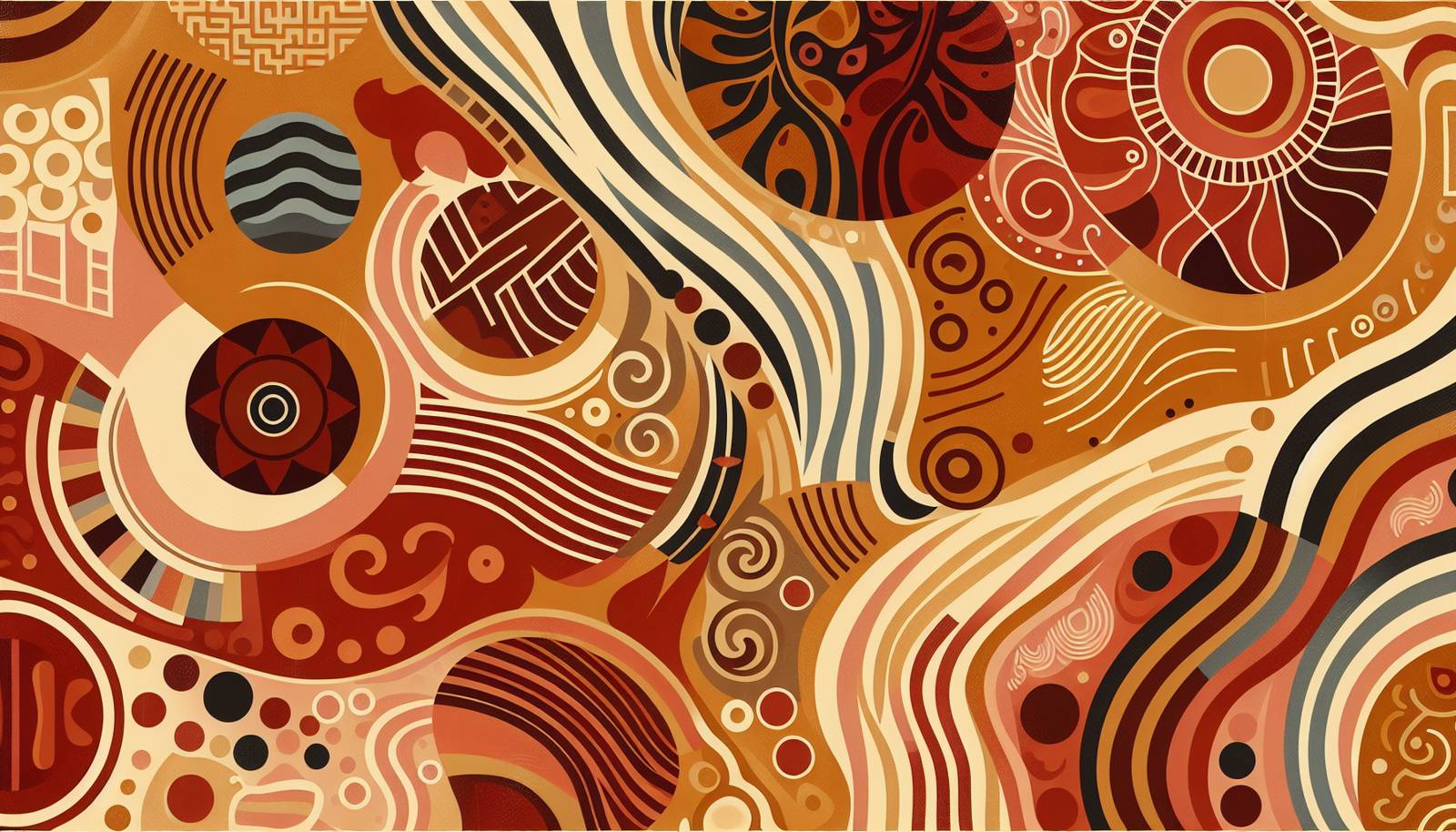
FAQ About The Role of Afro-Caribbean Literature in Cultural Identity

What is Afro-Caribbean literature?
Afro-Caribbean literature refers to the body of literary work produced by writers of African descent from the Caribbean. This genre often addresses themes related to the history, culture, and identity of the Caribbean, including the legacy of slavery, colonialism, and their ongoing impact on society.

How does Afro-Caribbean literature contribute to cultural identity?
Afro-Caribbean literature plays a significant role in shaping cultural identity by preserving and reflecting the unique traditions, languages, and experiences of Caribbean people. It explores themes such as diaspora, migration, and the blending of African, Indigenous, and European influences, helping people of the Caribbean understand and embrace their diverse heritage.

Who are some key authors in Afro-Caribbean literature?
Key authors in Afro-Caribbean literature include Derek Walcott, who won the Nobel Prize in Literature; Jamaica Kincaid, known for her exploration of colonial and postcolonial themes; and Edwidge Danticat, who reflects on the Haitian experience. These authors and others have significantly contributed to the body of work that defines Afro-Caribbean literature.

What are some notable works in Afro-Caribbean literature?
Notable works include Derek Walcott's epic poem Omeros, Jean Rhys' novel Wide Sargasso Sea, and Jamaica Kincaid's Annie John. These works address critical aspects of cultural identity and history within the Caribbean context.

What themes are commonly explored in Afro-Caribbean literature?
Common themes in Afro-Caribbean literature include identity, migration, colonialism, and resistance. The literature often explores the blending and clashing of cultures and the psychological and social impacts of colonial history on personal and communal identity.

How does Afro-Caribbean literature address the legacy of slavery?
Afro-Caribbean literature addresses the legacy of slavery by recounting historical events, personal stories, and the ongoing socio-economic impacts of slavery. It highlights the struggles for freedom, equality, and justice, showing how past injustices influence contemporary Caribbean societies.

In what ways does Afro-Caribbean literature reflect the diaspora experience?
Afro-Caribbean literature reflects the diaspora experience by portraying the challenges and opportunities faced by Caribbean people living outside their native lands. It examines themes of displacement, identity preservation, cultural adaptation, and the complexities of maintaining cultural ties while embracing new environments.

How has Afro-Caribbean literature influenced global perspectives on the Caribbean?
Afro-Caribbean literature has influenced global perspectives by providing a deeper understanding of Caribbean culture, history, and political issues. Through rich narratives and diverse voices, it challenges stereotypes and broadens the global conversation about Caribbean contributions to world culture.

What role does oral tradition play in Afro-Caribbean literature?
Oral tradition plays a vital role in Afro-Caribbean literature by preserving folklore, proverbs, and storytelling techniques that enrich written texts. Many authors incorporate oral elements to connect with cultural heritage, emphasize communal narratives, and ensure the continuation of cultural memory.

How is language used in Afro-Caribbean literature to convey cultural identity?
Language in Afro-Caribbean literature is used creatively to convey cultural identity, often combining Creole, Patois, and standard English. This linguistic diversity reflects the Caribbean's multicultural reality and allows authors to capture the rhythm and authenticity of local speech, expressing cultural nuances and historical contexts.

What impact did colonialism have on Afro-Caribbean literature?
Colonialism left an indelible mark on Afro-Caribbean literature, as it shaped themes of resistance, identity, and empowerment. Authors often explore the effects of colonization on the psyche and social structures of Caribbean people, critiquing colonial legacies through storytelling that encourages healing and reclamation of cultural identities.

How does Afro-Caribbean literature address issues of race and identity?
Afro-Caribbean literature addresses race and identity by exploring the intersections of ethnicity, culture, and societal norms. It delves into personal and collective narratives that challenge racial stereotypes, celebrate diversity, and seek to redefine what it means to be of Caribbean descent in a globalized world.

How has the Caribbean's history influenced its literature?
The Caribbean's history, marked by colonization, slavery, and migration, profoundly influences its literature. Authors often draw from historical events and cultural traditions to address contemporary issues, creating a dialogue between past and present to explore themes of resilience, identity, and transformation.

What role do women play in Afro-Caribbean literature?
Women play a crucial role in Afro-Caribbean literature, often serving as both creators and subjects of narratives that highlight gender dynamics, social injustices, and personal empowerment. Female authors explore these topics through characters that reflect their struggles and contributions to Caribbean society.

How are traditional Caribbean music and literature interconnected?
Traditional Caribbean music and literature are interconnected through shared themes, narratives, and rhythms. Literary works often draw on the cultural expressions found in calypso, reggae, and other musical forms to enrich storytelling, emphasizing the cultural unity and diversity of the Caribbean experience.

What is the significance of mythology in Afro-Caribbean literature?
Mythology in Afro-Caribbean literature is significant as it reconnects authors and readers with indigenous and African spiritual beliefs. Incorporating mythological elements allows writers to explore cultural origins, communal values, and philosophical ideas, offering insight into the spiritual worldview of the Caribbean.

How is Afro-Caribbean literature studied in academic settings?
Afro-Caribbean literature is studied in academic settings as part of courses on postcolonial studies, cultural studies, and literature. Scholars analyze its themes, historical contexts, and cultural impacts, encouraging a deeper understanding of Caribbean contributions to global narratives and identity politics.

What role does Afro-Caribbean literature play in social change?
Afro-Caribbean literature plays a role in social change by raising awareness of social issues, fostering cultural pride, and advocating for justice and equality. Through storytelling, authors challenge societal norms and inspire readers to reflect on and address issues affecting the Caribbean and its diaspora.

What is the current state of Afro-Caribbean literature?
The current state of Afro-Caribbean literature is vibrant and evolving, with contemporary authors exploring innovative narratives and diverse themes. This body of literature continues to gain recognition for its cultural significance and creative contributions, both within the Caribbean and on a global stage.

How does Afro-Caribbean literature tackle environmental issues?
Afro-Caribbean literature tackles environmental issues by addressing topics such as climate change, environmental degradation, and their impact on Caribbean societies. Authors often use their platforms to highlight the cultural, social, and economic ramifications of environmental challenges in the region.
